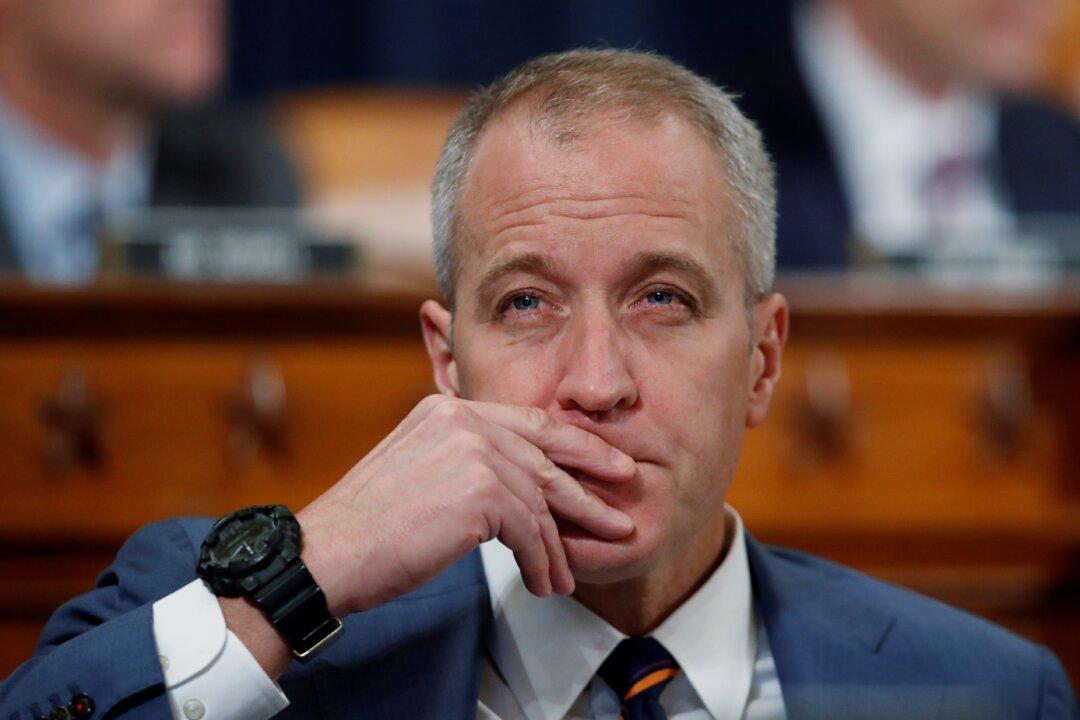Democrat campaign leader Rep. Sean Patrick Maloney (D-N.Y.) on July 26 defended moves by strategists in his party to endorse “spoiler candidates” in GOP races to increase Democrats’ odds of victory in tight races.
“Spoiler candidates” refer to candidates thought to be unelectable or more difficult to elect in general elections due to positions they have that are perceived to be radical or too controversial.





